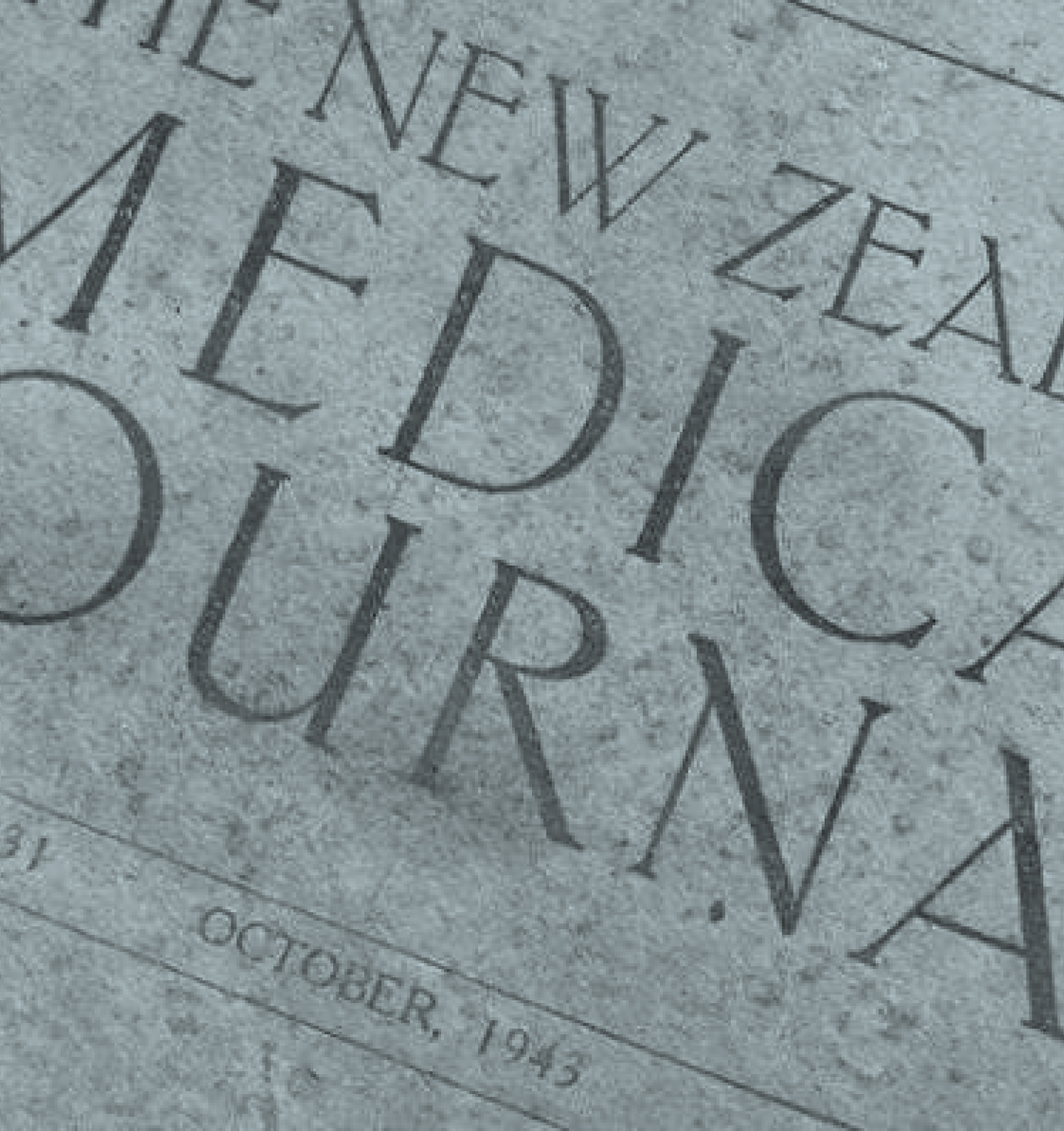100 YEARS AGO IN THE NZMJ
Vol. 133 No. 1511 |
The Discipline of Practice
Latent in the desire for a State Medical Service is the hope among many of the removal of the irksome restraints and annoyances of private practice.
Full article available to subscribers
February 1920
Latent in the desire for a State Medical Service is the hope among many of the removal of the irksome restraints and annoyances of private practice. No doubt, in some ways National Medical Service would mean the fulfilment of this desire and be the antidote for old ills, but it would inevitably create new ones. The British Prime Minister has recently observed that we cannot have nationalisation without bureaucracy, and in every bureaucracy promotion does not often go by merit, and a graded series of officials may be less just than our taskmasters, the public, under whom we now travail in service.
When the medical student leaves the sheltering care of his Alma Mater he is still cloistered for a time in a junior hospital appointment. At this stage of his development, it may be observed in passing if he thinks his knowledge is great, it may yet be possible for him to succeed commercially in his profession, but in no other way, unless, indeed, his knowledge has been gained in a previous incarnation, if we can adopt that ancient and modern out strange belief. Next comes the discipline of beginning practice in hope and fear, but this is common to all professions, and the race is not always to the swift or the battle to the strong.
Stephen Paget thinks that the peculiar discipline of medical practice lies in the fear of making mistakes. People, he writes, “talk of the Fine Arts: but what art is so fine as Medicine, which works in lives and cannot correct its proofs, or begin with a sketch, or waste its fabrics, or rehearse its effects, or use a model; and, by a mistake, injures not an image of life, but life? Why, that is just why Medicine is not fine. It is not the art, but the stuff which is fine.” The fear of doing harm, with all respect to the accomplished essayist whom we quote, is not, in our opinion, the chief strain of practice, and to one who has been well taught and is reasonably careful it should not be a haunting fear, but belongs chiefly to a morbid state of mind. Doctors are mainly burdened with the terrible responsibility they carry both in youth and in age, and which they can never lay aside night or day until they voluntarily retire or are summoned hence to sleep with their fathers. There may be more heroism buried in a quiet corner of a country churchyard than in a cathedral aisle.
It is sharp discipline, too, to have cases fail through no fault of the doctor; he may save the father and lose the son, and hear the heart-break of the cry of David over Absolom. Day in and day out, from morn to night, the doctor’s ears are the repository of complaints and sorrows as he treads the via dolorosa from one scene of suffering to the next. His words, his manner, even expression of his face are noted, and he is ever under the discipline of restraint. He may not say too much or too little. If he is successful, he must scorn delights and live laborious days, and however tired or sleepy he may be, he is expected to be cheerfully responsive to every call. This is a strain which flesh and blood can scarce endure.
The public expect great things of the medical profession, and this is to our honour. Medical science has made triumphal progress, but the rank and file, the flesh and blood of the movement, have harsh discipline and forced marches. By better generalship and tactics the strain and the wastage may be stayed before the breaking-point is reached. It is a hard discipline, but a great service, and there are many compensations.
In the development and evolution of the medical profession, the doctors themselves must see to it that while not putting aside the essential responsibility, discipline, and restraint inseparable from the calling, their nature shall not be subdued to what it works in, like the dyer’s hand. Then it cannot be said of a doctor that he knows nothing but his own profession.
